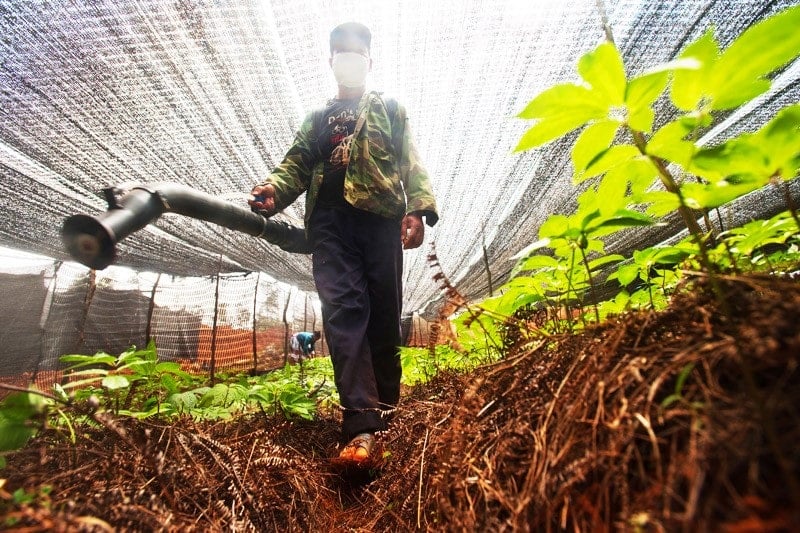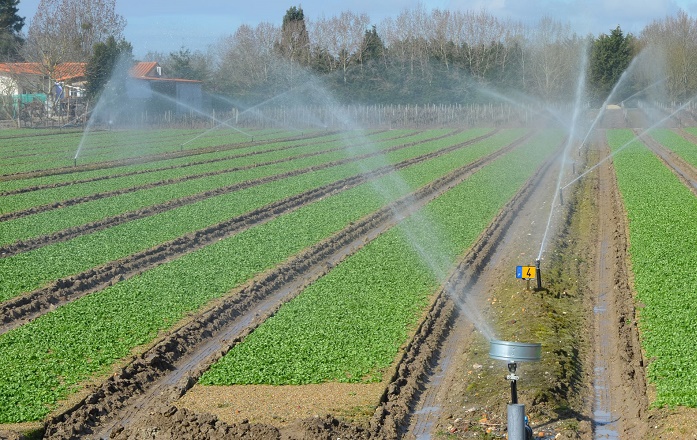According to a study published in Science Day, intensive agriculture continues to expand globally, but this expansion is accompanied by increased risks to public health. Indeed, practices such as the massive concentration of animals in small spaces and the excessive use of antibiotics create ideal conditions for the emergence and rapid spread of new epidemics. The recent example of the spread of monkeypox ( Mpox ) illustrates well the potential consequences of these practices which encourage the frequentation between humans and animals.
The World Health Organization (WHO) estimates that nearly 75% of new human infectious diseases come from animal sources, often linked to intensive farming methods and uncontrolled use of pesticides. In addition, a British report supported by the WHO warns that by 2050, antibiotic resistance could cause up to 10 million deaths per year worldwide. These projections are all the more worrying when one considers that global meat production has increased fivefold since the 1960s, according to an FAO report .
Thus, to prevent future epidemics and limit their dangers, it is crucial to rethink our current agricultural practices. Reducing these risks will inevitably involve more sustainable and responsible management of agriculture, while ensuring that global food security is preserved.




